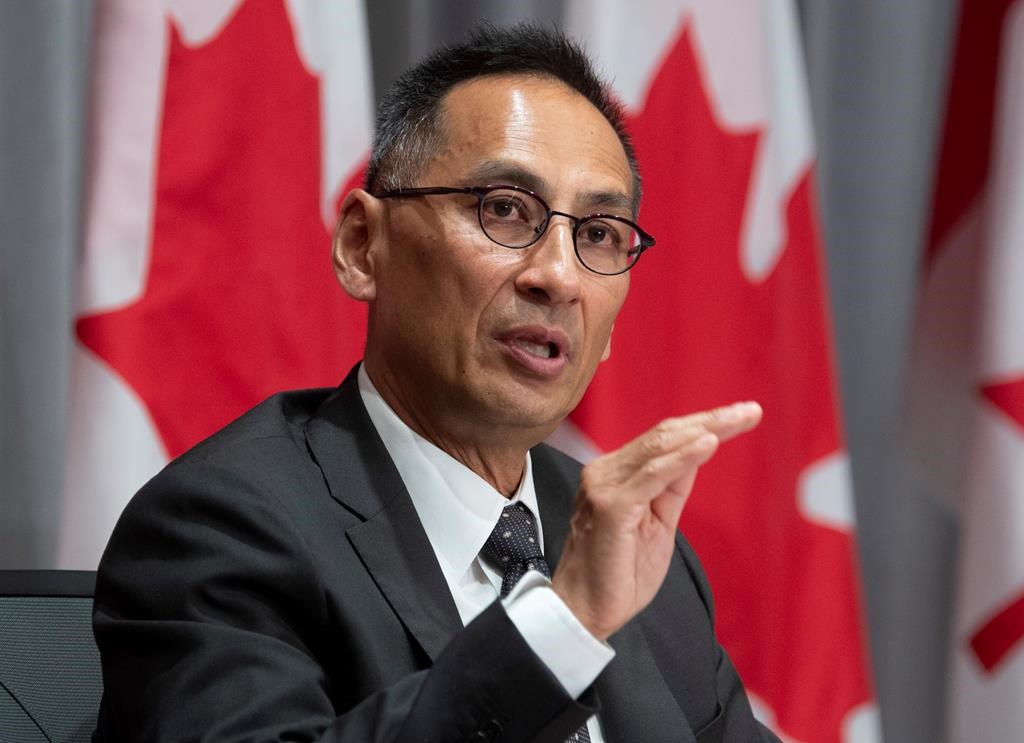Alberta reported two new cases and seven recoveries of COVID-19 in Fort McMurray.
All are inside the urban service area, which has 18 active cases, one death, and 281 recovered cases of the illness.
There are still three active cases and 64 resolved cases of COVID-19 outside the urban service area.
This report comes a day after RMWB Council passed a bylaw which would make masks mandatory in the region.
It only comes into effect for a 30-day period, if Alberta Health Services finds at least 50 active cases of COVID-19 in Wood Buffalo.
READ MORE: RMWB Council passes modified Face Covering Bylaw
Alberta Health Services removed Holy Trinity High School and St. Gabriel School from its COVID-19 school watch list.
The agency first reported cases linked to each school on Sept. 19 and Sept. 20 respectively.
“A school outbreak is declared over when there have been no new confirmed cases in a school for 28 days.”
FMCSD added that AHS also removed Good Shepherd from the list, as it first added the school in error.
RELATED: FMCSD reports four cases linked to Holy Trinity High School
Across Alberta, there are 243 new cases and one additional death linked to COVID-19 in the last 24 hours.
Edmonton Zone has a record 1473 active cases.
100 Albertans are now in hospital with COVID-19, including 14 in intensive care.
UPDATE:
Here’s the breakdown for the 243 new COVID cases in Alberta on 14,881 tests ( 1.63% + rate)#yeg #yyc #ableg #covid19ab https://t.co/kknb099COg pic.twitter.com/xh4AFzyOeO
— Courtney Theriault (@cspotweet) October 14, 2020
Alberta has 2689 active cases, 287 deaths, and 18,223 recoveries of COVID-19.
READ MORE: Health officers following safety rules means safe trick-or-treating possible
Data collection
Canada’s deputy chief public health officer said collecting better data can help in addressing inequalities the COVID-19 pandemic has exposed.
Speaking at a virtual public health conference today, Dr Howard Njoo said collecting data on race and ethnicity for health purposes has been neglected for a very long time.
He said everyone recognizes its importance now.
Njoo’s superior Dr Theresa Tam said having more granular data now, during the second wave of COVID-19, makes it possible to adopt more targeted approaches in different areas of the country.
She warned the fatigue that regular people and public health workers alike feel presents new challenges.
Tam says there’s a need for a fine balance between maintaining low virus transmission and at the same time minimizing the social and economic impacts of the pandemic.
Canadian Public Health Association director Richard Musto says all health and social services organizations should use demographic data.
He said the information could help understand fully who is affected disproportionately by the pandemic.
This article includes excerpts from The Canadian Press.







